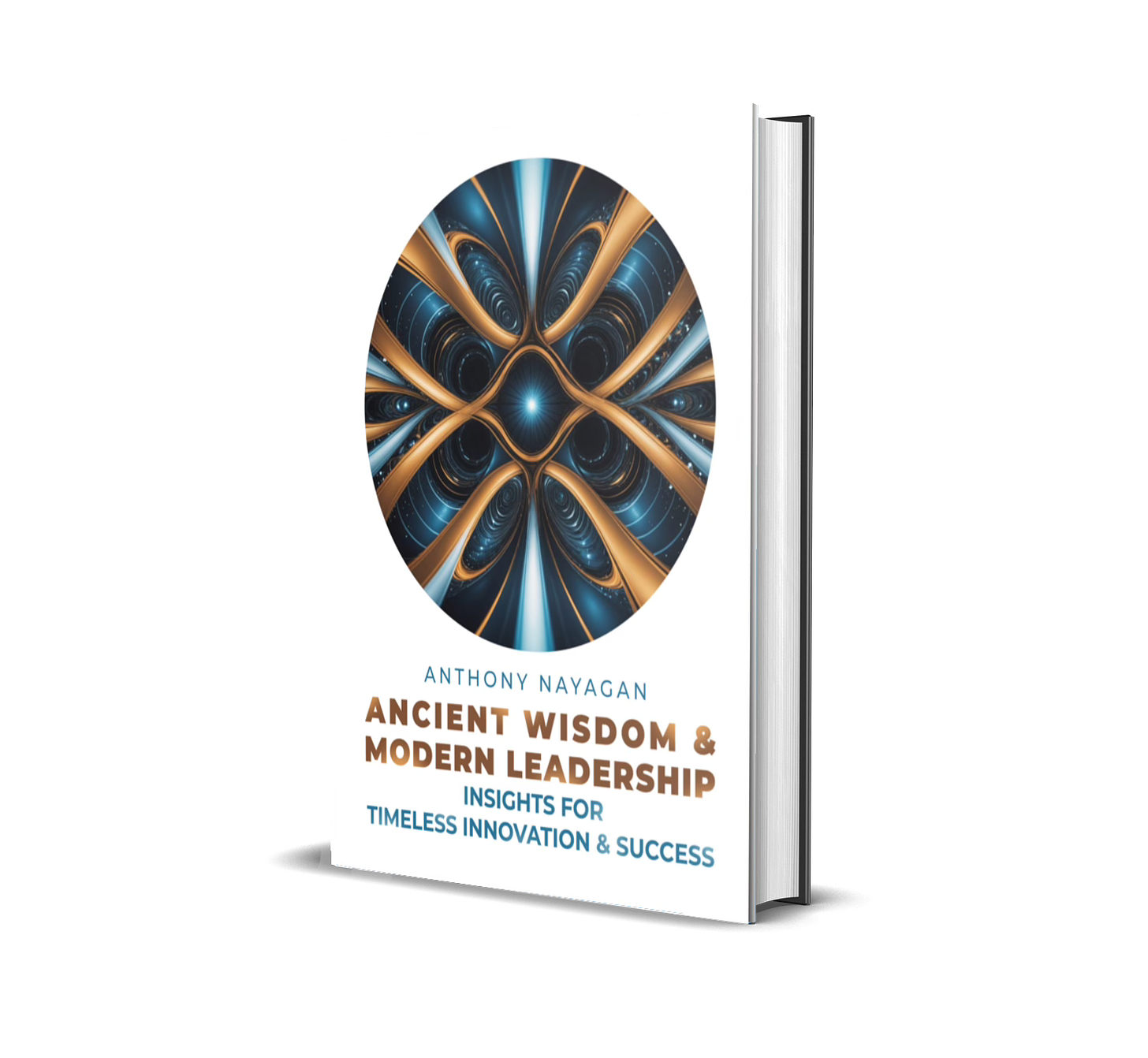
In today’s world, the terms “spirituality” and “religion” are often used interchangeably, leading to confusion about their true meanings. While both concepts involve a connection with the divine or higher power, they are fundamentally different in nature and scope. Spirituality is not bound by the constraints of religion; instead, it is a universal phenomenon that transcends religious norms and differences. It is not grounded in theology, but rather in a wisdom that surpasses the duality of human intelligence. Spirituality does not conform to rigid commandments, doctrines, laws, rituals, or symbolisms that can limit the human psyche; it only aligns with the essence of love.
Spirituality vs. Religion: What’s the Difference?
Religion: A Framework of Beliefs
Religion is often seen as a structured framework of beliefs and practices that are followed by a community. It involves rituals, doctrines, and commandments that are believed to guide individuals in their spiritual journey. Religion provides a set of rules and a moral code for its followers, offering a path to salvation or enlightenment through prescribed belief-systems and practices.
Spirituality: A Journey Within
In contrast, spirituality is a deeply personal and individual experience. It is an inward journey that seeks to understand the self and the universe. Unlike religion, spirituality does not require adherence to a specific set of beliefs or rituals. Instead, it encourages self-reflection, meditation, and a quest for inner peace and understanding.
Key Differences in Approach
The primary difference between spirituality and religion lies in their approach. Religion often looks outward, focusing on the worship of a higher power, adherence to religious texts, and participation in communal rituals. Spirituality, on the other hand, looks inward, encouraging individuals to seek truth, love, and wisdom within themselves.
Spirituality Beyond Boundaries
Transcending Religious Norms and Differences
Spirituality is a universal concept that transcends religious boundaries. It is not limited to any one faith or tradition but is a shared human experience that connects us all. This universality of spirituality allows it to bridge the gap between different cultures and religions, fostering understanding and unity.
Spirituality and Human Connection
At its core, spirituality is about connecting with others and the world around us. It is about recognizing the inherent divinity in all beings and living in harmony with that understanding. This connection extends beyond religious affiliations, allowing for a deeper, more inclusive approach to spirituality.
Spirituality and Wisdom
Wisdom Beyond Theology and Philosophy
True wisdom in spirituality is not confined to theological or philosophical doctrines. It is a form of understanding that transcends the duality-centered intelligence of human beings. This wisdom is not about accumulating knowledge or following a set of rules; it is about experiencing the oneness of all life and aligning with the universal truth.
The Role of Love in Spirituality
Love is the foundation of spirituality. It is the force that unites us, transcending all boundaries and differences. In spirituality, love is not just an emotion but a state of being. It is the guiding principle that shapes our actions and interactions with others. Unlike religion, which may impose restrictions, spirituality allows love to be the only law.
The Non-Duality of True Wisdom
In spirituality, wisdom is non-dualistic, meaning it does not divide the world into opposites like good and evil or right and wrong. Instead, it embraces the totality of existence, recognizing that all things are interconnected. This non-dual approach to wisdom helps individuals transcend the limitations of human perception and experience the divine in every aspect of life.
Jesus’ Teachings on Spirituality
The Samaritan Woman and the Universal Worship
The teachings of Jesus provide a profound insight into the nature of spirituality. In his conversation with the Samaritan woman, Jesus emphasized the universality of worship, stating that “a time is coming when you will worship the Father neither on this mountain nor in Jerusalem.” This statement highlights the irrelevance of institutional religions in true worship.
Worship in Spirit and Truth
Jesus further emphasized that true worshipers must worship “in Spirit and in truth.” This means that worship is not about following religious norms or rituals but about connecting with the divine on a spiritual level. It is about experiencing the truth of our existence and living in alignment with that truth.
The Irrelevance of Religion in Self-Realization
Through his teachings, Jesus made it clear that religion is not a prerequisite for self-realization or spiritual enlightenment. Instead, what matters is the inner connection with the divine, which transcends religious labels and practices. This idea challenges the conventional understanding of religion and opens the door to a more inclusive and universal approach to spirituality.
Common Myths about Spirituality
Spirituality is Not “Mumbo-Jumbo”
One of the most common misconceptions about spirituality is that it is some form of “mumbo-jumbo” or pseudo-science. This stereotype often stems from a lack of understanding and cultural biases. However, spirituality is a profound and legitimate aspect of human experience that has been recognized by sages and mystics across cultures and ages.
Misconceptions Rooted in Cultural Stereotypes
Many of the misconceptions about spirituality are rooted in cultural stereotypes, particularly those associated with East Asian religions. It is important to recognize that spirituality is not confined to any one culture or tradition. It is a universal experience that transcends cultural boundaries and can be found in various forms across the world.
The Universality of Spiritual Teachings
Spiritual teachings are universal in nature. Whether they come from Christianity, Buddhism, Hinduism, or any other tradition, they all point to the same fundamental truths about love, compassion, and the oneness of all life. This universality is what makes spirituality so powerful and relevant in today’s diverse world.
The Role of Spirituality in Modern Life
Spirituality in Leadership and Innovation
In the modern world, spirituality plays a crucial role in leadership and innovation. Leaders who are spiritually aware are often more compassionate, empathetic, and visionary. They are able to see beyond the immediate challenges and make decisions that are aligned with a higher purpose.
Enhancing Creativity through Spiritual Awareness
Spiritual awareness also enhances creativity. By connecting with their inner selves, individuals can tap into a deeper source of inspiration and creativity. This connection allows for innovative thinking and problem-solving that goes beyond conventional approaches.
Building a Spiritually Enriched Life
Living a spiritually enriched life involves more than just practicing meditation or attending religious services. It is about integrating spiritual principles into every aspect of life, from personal relationships to professional endeavors. This holistic approach to spirituality leads to a more fulfilling and meaningful existence.
Conclusion
Embracing Spirituality in Everyday Life
Spirituality is not something that needs to be confined to specific times or places. It is a way of life that can be embraced in every moment. By living in alignment with spiritual principles, individuals can experience greater peace, joy, and fulfillment.
The Importance of Love and Truth in Spirituality
At the heart of spirituality is love and truth. These are the guiding principles that shape our thoughts, actions, and interactions with others. By prioritizing love and truth in our lives, we can transcend
FAQs
What is the main difference between spirituality and religion?
The main difference lies in their approach. Religion is structured and communal, involving adherence to specific doctrines and rituals. Spirituality, on the other hand, is a personal and inward journey that focuses on self-discovery and connection with the divine.
Can one be spiritual without being religious?
Yes, one can be spiritual without being religious. Spirituality is about finding inner peace and connection with the divine, which does not necessarily require following a specific religion or set of beliefs.
How does spirituality impact personal growth?
Spirituality encourages self-reflection, mindfulness, and a deeper understanding of oneself and the universe. This inward journey fosters personal growth by helping individuals align with their true nature and purpose.
Is spirituality connected to any particular religion?
Spirituality is not tied to any particular religion. While it can be expressed within religious contexts, it transcends religious boundaries and is a universal phenomenon experienced by people of all faiths and cultures.
Why is love so central to spirituality?
Love is central to spirituality because it is the force that unites, heals and transforms all beings. In spirituality, love is seen as the highest truth and the guiding principle for living a fulfilling and meaningful life.
A Journey Toward Timeless Innovation
This blog is one in a series of articles that will explore how we can overcome the inevitability of decline to create and innovate in ways that withstand the test of time. How can leaders and innovators draw on ancient wisdom to guide their modern strategies? What practices can ensure that what they build today remains relevant and impactful for generations to come?
If these questions intrigue you, I invite you to visit Supreme Realizationand download a prerelease copy of Anthony Nayagan’s “ANCIENT WISDOM & MODERN LEADERSHIP: Insights for Timeless Innovation & Success.”

At Supreme Realization, our mission is to help leaders and creative individuals live spiritually enriched lives. Anthony Nayagan coaches leaders and innovators to realize their divine nature, move beyond the ordinary, and enter into extraordinary Wisdom. Join us on this journey to discover how ancient wisdom can guide modern leadership and innovation.
